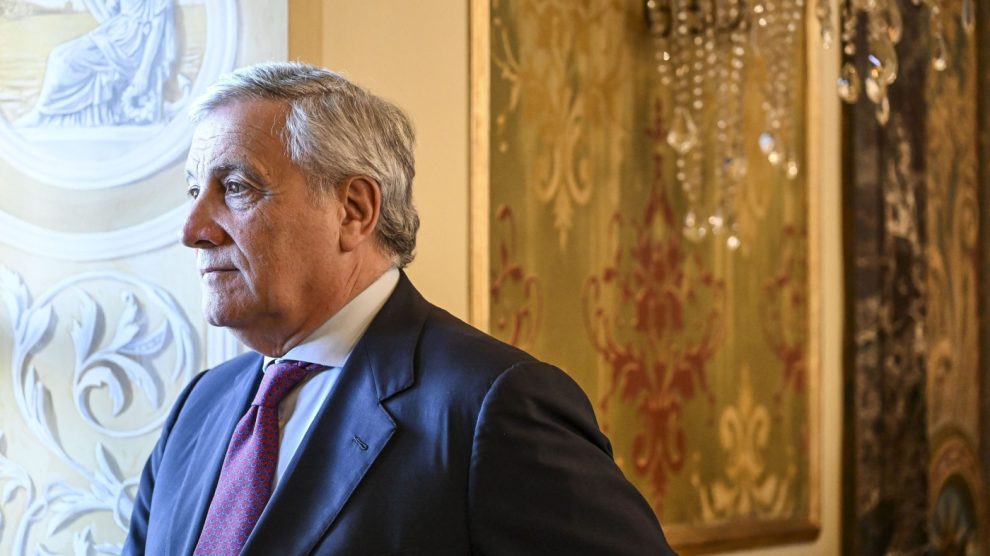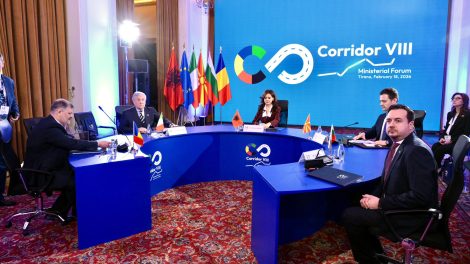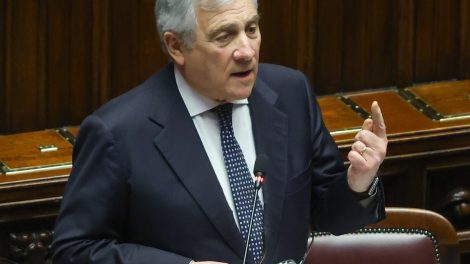Decoding the news: Italian Foreign Minister Antonio Tajani joined European and Arab counterparts in Paris to discuss implementing the U.S. peace plan for Gaza, reaffirming Italy’s readiness to play an active role in reconstruction, security, and humanitarian support.
Why it matters: The Paris meeting — bringing together the E4 (Italy, France, Germany, UK), the Arab Quintet (Egypt, Jordan, UAE, Saudi Arabia, Qatar), plus Indonesia, Turkey, Spain, Canada, and the EU — marks the first significant diplomatic step after Israel and Hamas signed the first phase of the peace plan.
The context:
- The talks build on the New York Conference on the Two-State Solution, aiming to define concrete actions to advance the U.S.-led peace framework.
- Italy, through the Farnesina, emphasised its support for a ceasefire, the release of hostages, and full humanitarian access to Gaza.
- Tajani had said before the meeting that Italy is ready to contribute to Gaza’s future governance and security, including efforts for Hamas’s disarmament and stabilisation of the Strip.
What Tajani said after the meeting: Italy is fully committed to implementing President Trump’s peace plan, in line with the two-state framework endorsed in New York.
- “It is time to restore peace and hope to the Palestinian people and lay the foundations of a future state coexisting in peace with Israel,” Tajani said.
- Rome stands ready to offer concrete contributions to security and reconstruction.
- Italy will continue its humanitarian engagement through #FoodForGaza, providing food aid and assistance to Palestinian patients and students.
What’s next: Ministers agreed to coordinate the next steps for implementing the plan’s subsequent phases, including timing for reconstruction and monitoring the ceasefire established under the Sharm el-Sheikh agreement.
The Political POV. Our sister website Formiche.net gathered Italian political voices to comment on this significant international development — one that directly affects Rome’s foreign policy interests.
- Ettore Rosato (Azione, Parliamentary minority):
- This peace agreement between Israel and Hamas could mark a historic turning point. The release of hostages shows that diplomacy, when backed by political will and international pressure, can still work.”
- “Without Egypt, Turkey, and Qatar, this deal would never have been possible. Now the Abraham Accords can be revived and expanded, creating a more stable regional framework.”
- Marco Scurria (FdI, majority):
- “The stability of the entire Middle East could be ensured by this new effort, born out of cooperation among several countries. The war began because some didn’t want the Abraham Accords to continue.”
- “Those who took to the streets were asking for something the government was already doing — quietly, through real diplomacy. Meloni is credible because she has been fair, direct, and sincere, helping the Palestinian people more than any other Western country.”





